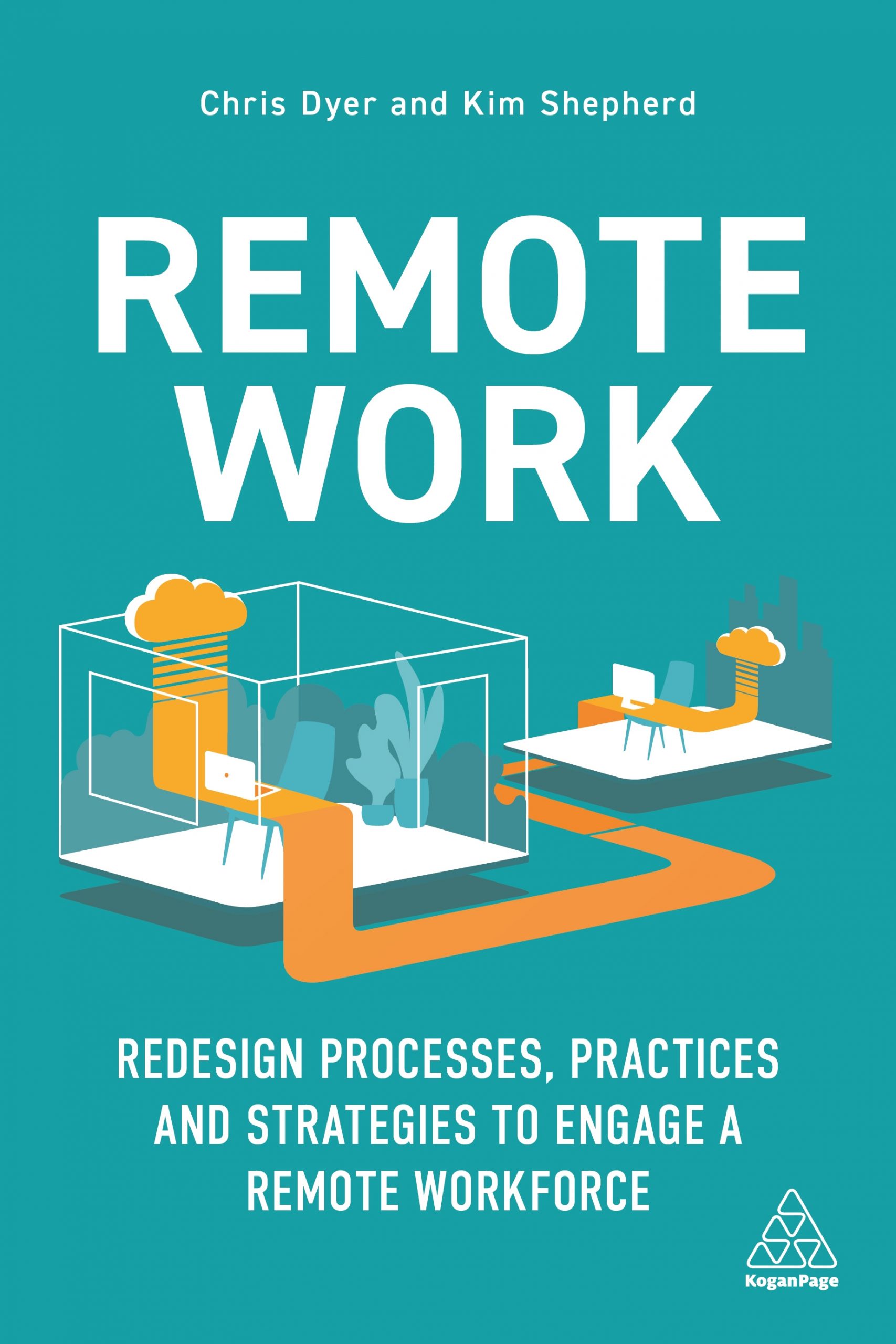
Article provided by Chris Dyer, Founder & CEO of PeopleG2 and author of new book Remote Work (Kogan Page) and The Power of Company Culture (Kogan page)
They do.
However, managing remote or hybrid teams is hard. I suspect that the negative grumbling comes not from employees or senior leaders, but from middle management actually tasked with making it work. Neither model is easy, and both require careful planning and execution.
A Gartner survey in 2020 found that 82 per cent of company leaders planned to offer some sort of remote work following the pandemic, and Microsoft News Centre UK cites a Microsoft survey that found that 56 per cent of respondents reported increased happiness because of working from home (2021). Although I am an advocate of remote work, I still think it is important to read between the lines here.
For example, the Microsoft report also found that one in three employees are experiencing new pressures, including being asked to do more, work longer hours and be available outside of typical work hours. Some say 100% remote models are causing isolation and loneliness, including Arthur C. Brooks, a Harvard professor in both public leadership and management practice.
For women balancing remote work and childcare responsibilities, the jury is still out. Some argue that remote work is a great solution, while others say the savings aren’t worth the challenge of attending a conference call while also helping a 7-year-old log on to school. Still others advocate that men need to assume more of the household and childcare responsibilities, although that was true even before the pandemic.
I argue that responsibility for making remote and hybrid models work falls to company leaders and, by delegation, to managers. Here are a few suggestions for building enthusiasm on remote and hybrid teams.
A successful remote model is much more than just going home to work. Leaders and managers have to invest time and effort in planning the transition, adapting on-site processes to the remote sphere, and supporting employees as they make the change. It requires different ways of thinking on the part of everyone, employers and employees alike.
Culture is one of the most important factors in business success, on-site, remote or hybrid. You’ll need to adapt yours to remote or hybrid work, such as replacing the physical break room with a virtual chat room. The seven pillars of a great culture are transparency, positivity, measurement, recognition, uniqueness, listening, and mistakes.
Meetings can be about much more than communication. They also are an opportunity to promote company culture and vision. For example, make a point of including recognition moments in every meeting, celebrating successes, milestones, etc. Demonstrate respect for stakeholders by starting and finishing on time, as well as planning and facilitating carefully. Be careful about scheduling too many meetings.
You also can set up online social events (a different kind of meeting) to promote team building. Some examples: allow people to gather in a chat room in the evening to watch a favorite TV show every week. Encourage those with similar interests to create specific chat rooms, such as football fans, cyclists or those following the Mediterranean diet.
Remote and hybrid work models have their critics, but I believe that if you scratch the surface, those people are still struggling to do it well. It takes some work, but both employees and employers benefit from a strong, well-planned flexible work arrangement.
How can I develop a team if they’re not in the same place? How can I build a company culture that works for employees in an office, working at home and in co-work spaces? How can I maintain organizational oversight if I can’t see my employees? Remote Work answers all these questions and more and provides guidance on how to build a successful remote working strategy that engages employees, allows them to perform to their full potential and improves business performance.
The COVID-19 pandemic has put remote work into the business norm, but demand from employees to work remotely was already increasing, with a 2019 report stating that 34 per cent of people surveyed would even take a pay cut if they could work remotely part of the time. HR professionals and business leaders need to address this demand to attract and retain the talent the business needs. Remote Work is written by two industry experts who have successfully transitioned their workforces to remote models. It provides essential guidance on how to implement policies, processes and strategies for remote working, including meeting types, measuring performance and creating virtual ‘water cooler’ environments.
Featuring advice on technological solutions to adapting processes and driving engagement, this book also outlines the business benefits of a remote workforce including improved productivity and output and how it allows for faster expansion and execution. With insights from leading experts such as Marshall Goldsmith and case studies from Cornerstone OnDemand, Buffer and United States Marine Corps, Remote Work is essential reading now that increased home and flexible working is here to stay.

